Optimal Timing for Leach Field Replacement
Timing for leach field replacements depends on various factors including weather conditions, soil moisture levels, and property usage. Proper timing ensures minimal disruption and optimal results.
Dry, mild weather periods are ideal for leach field replacements, reducing the risk of delays caused by rain or extreme temperatures.
Replacing during periods of moderate soil moisture prevents compaction and ensures proper installation and functioning.
Scheduling during times of lower water usage minimizes stress on the system and allows for easier access.
Spring and early fall often provide optimal conditions, avoiding winter freezes and summer heat.
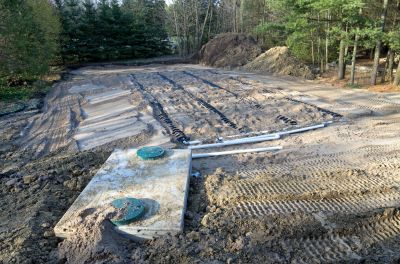
Image of a technician excavating a leach field during optimal weather conditions.

Soil testing process to determine the best timing for replacement.
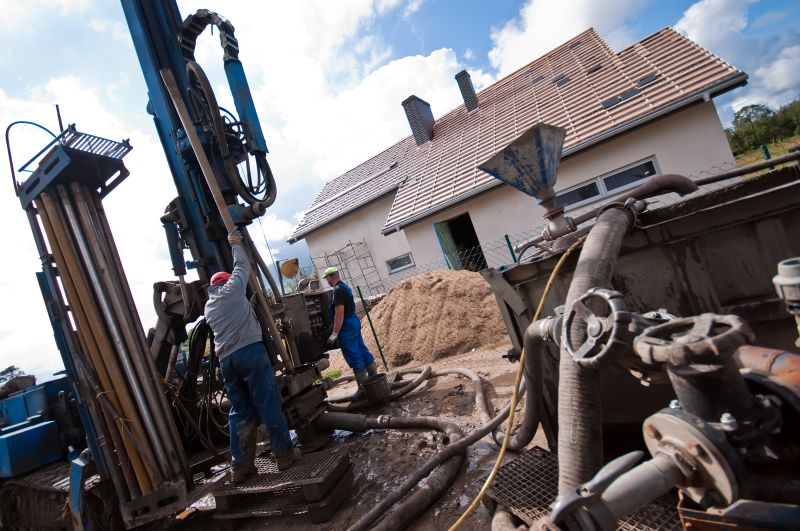
Heavy machinery used for leach field replacement in suitable weather.
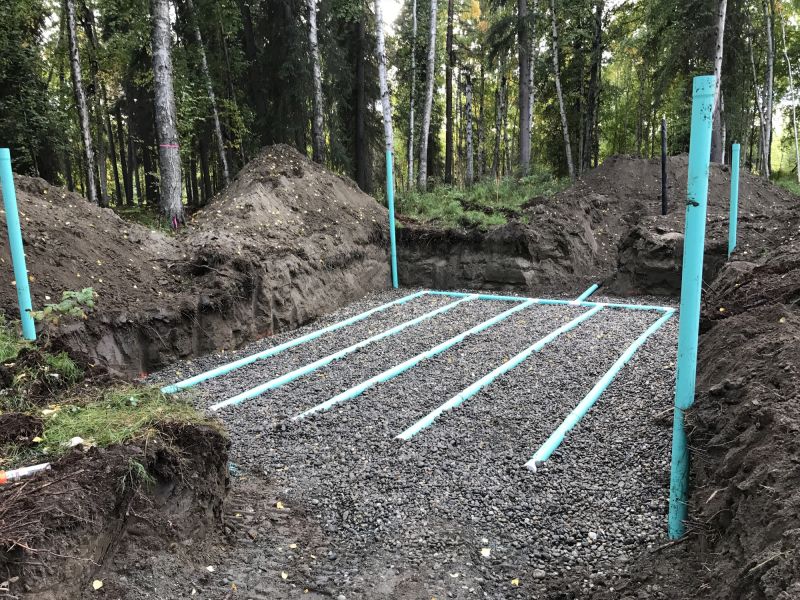
Ways to make Leach Field Replacements work in tight or awkward layouts.
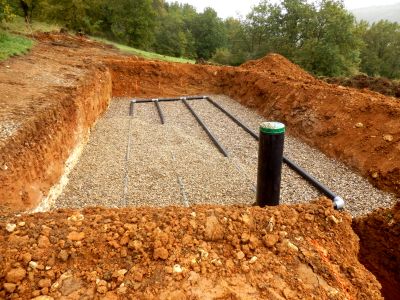
Popular materials for Leach Field Replacements and why they hold up over time.
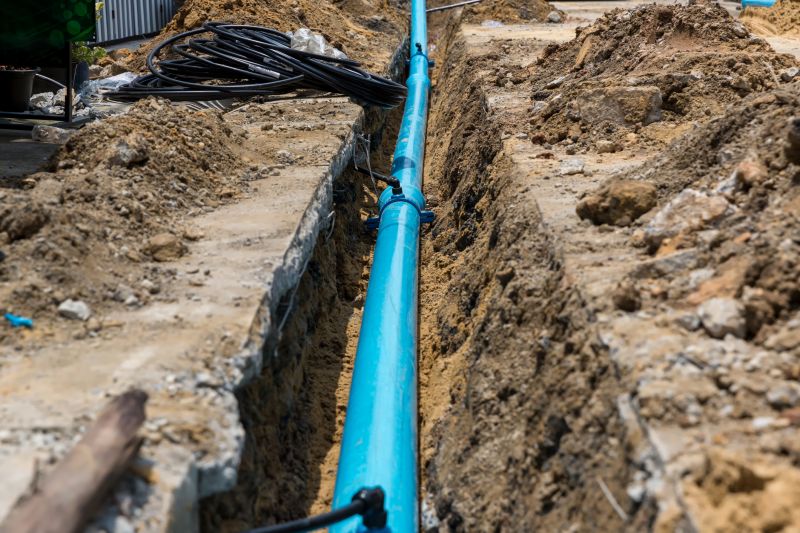
Simple add-ons that improve Leach Field Replacements without blowing the budget.
Leach field replacements are a critical component of maintaining a functional septic system. They involve removing and replacing the existing drain field, which is responsible for filtering and dispersing wastewater. Proper timing can extend the lifespan of the system and prevent environmental contamination. Typically, replacement involves assessing soil conditions, excavating the old field, and installing new drainage components. Statistics show that proactive replacements can reduce system failure rates by up to 30%, saving costs and preventing property damage.
| Season | Ideal Conditions |
|---|---|
| Spring | Moderate soil moisture, mild temperatures |
| Early Fall | Cooler temperatures, less rainfall |
| Late Summer | Dry conditions, lower water usage |
| Winter | Generally not recommended due to freezing |
| Summer | High temperatures and potential drought conditions |
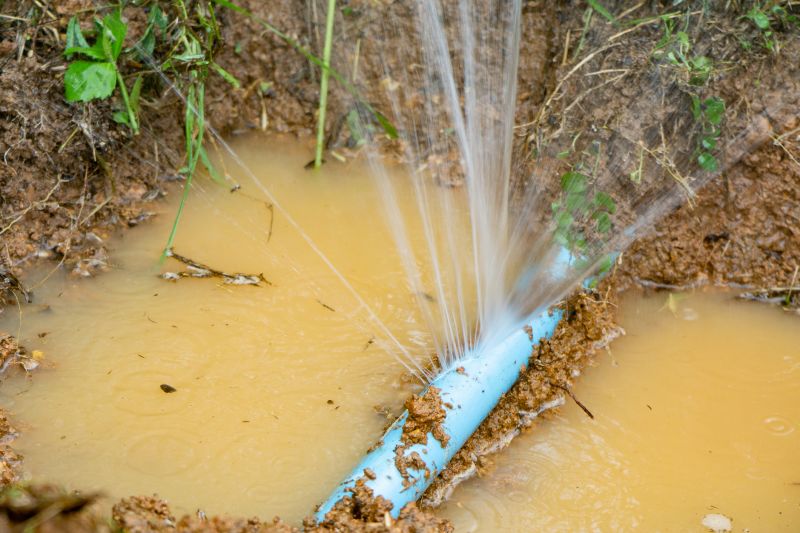
Step-by-step view of the replacement process in suitable weather.
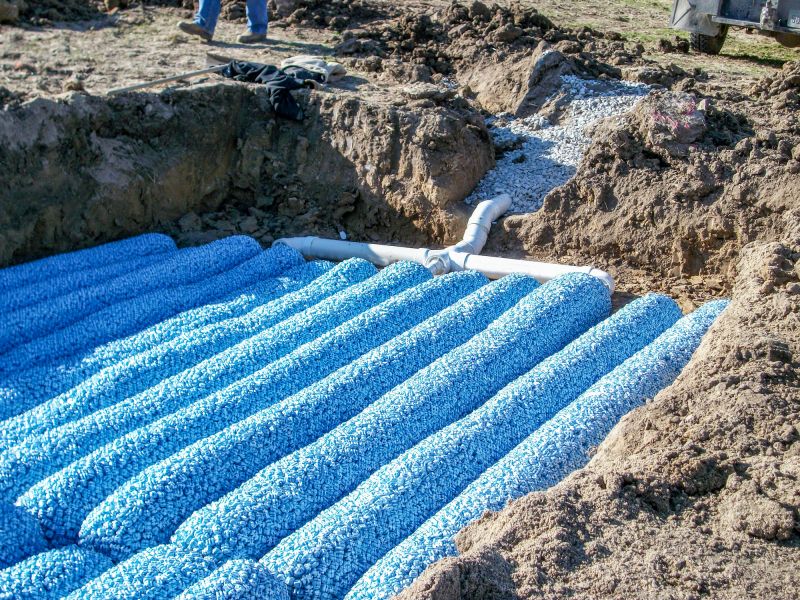
Preparing soil for installation during optimal conditions.
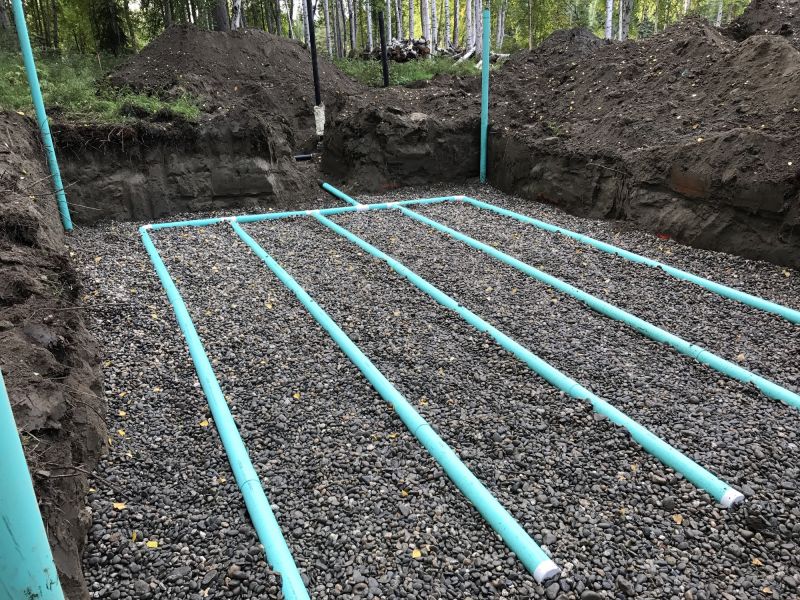
Installing new drain lines in favorable weather.
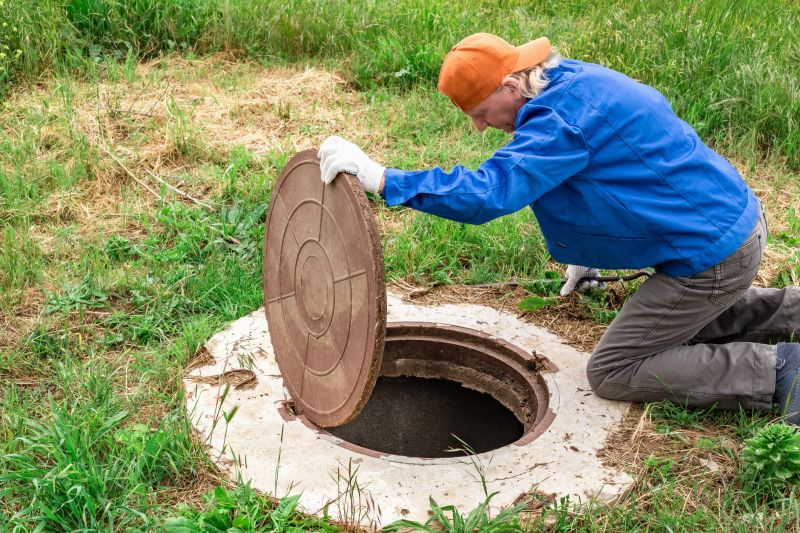
Final inspection following replacement in appropriate season.
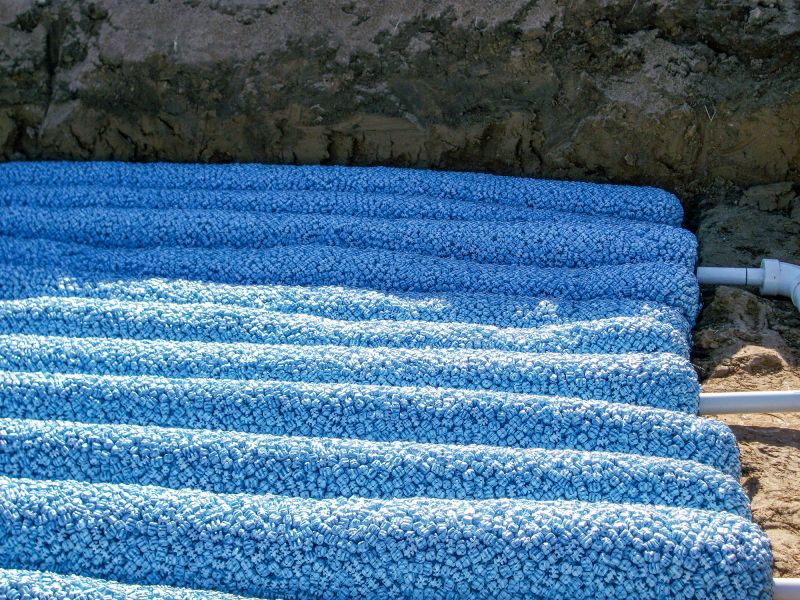
High-end options that actually feel worth it for Leach Field Replacements.
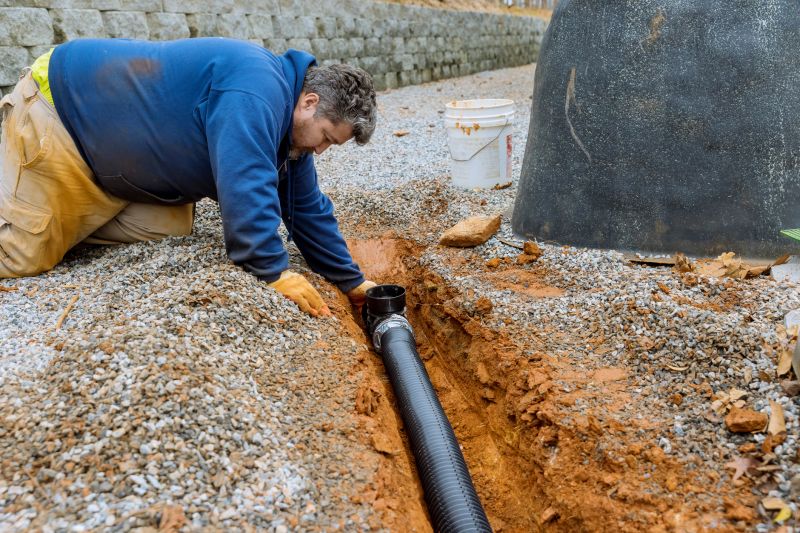
Finishes and colors that play nicely with Leach Field Replacements.
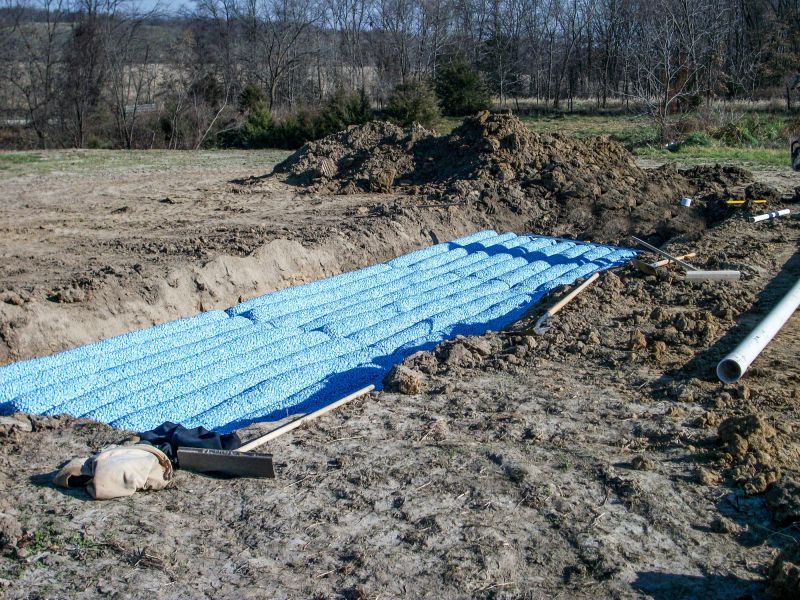
Little measurements that prevent headaches on Leach Field Replacements day.
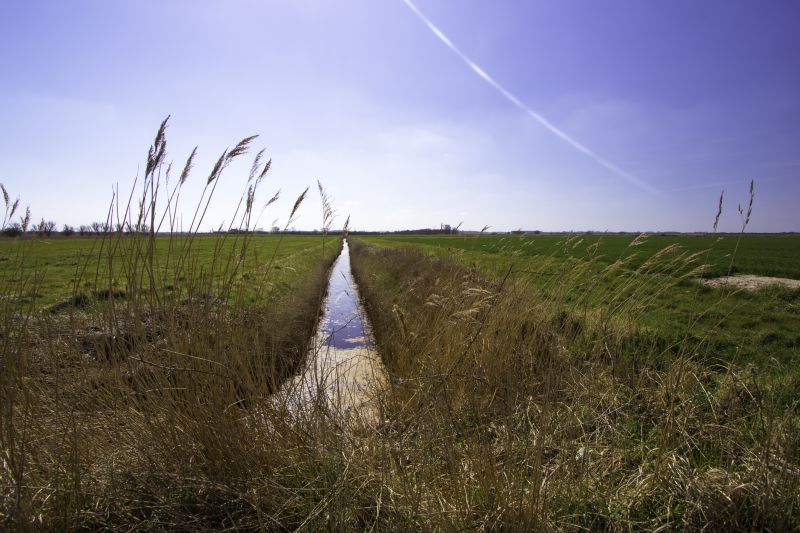
A 60-second routine that keeps Leach Field Replacements looking new.
Choosing the right time for leach field replacement can influence the longevity and performance of the septic system. It is advisable to avoid replacements during winter or periods of excessive rainfall, which can complicate excavation and installation. Planning ahead and selecting favorable weather windows can lead to smoother project execution and better system outcomes.
Interested in scheduling a leach field replacement? Filling out the contact form can provide more information and help determine the best timing for individual property needs.



